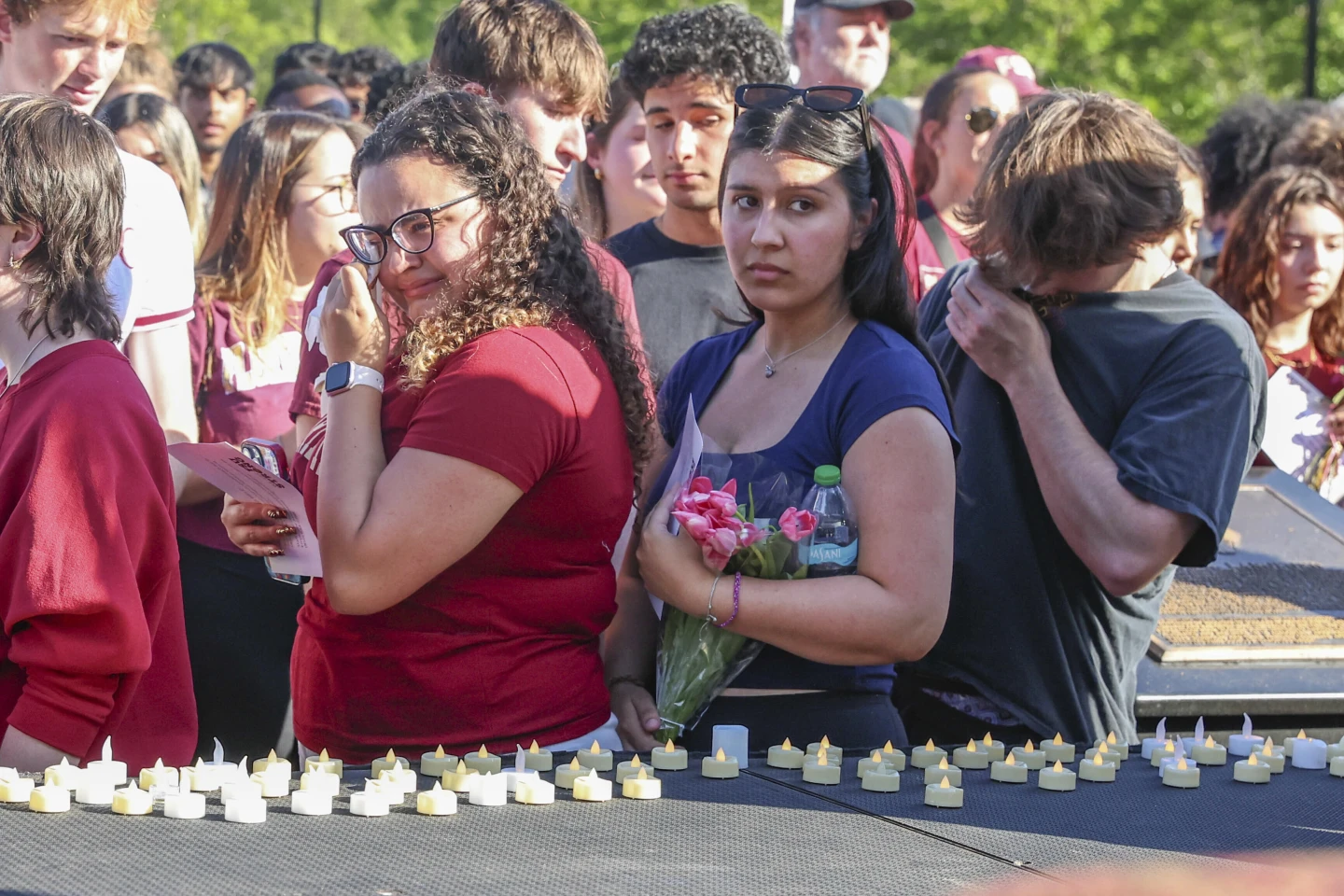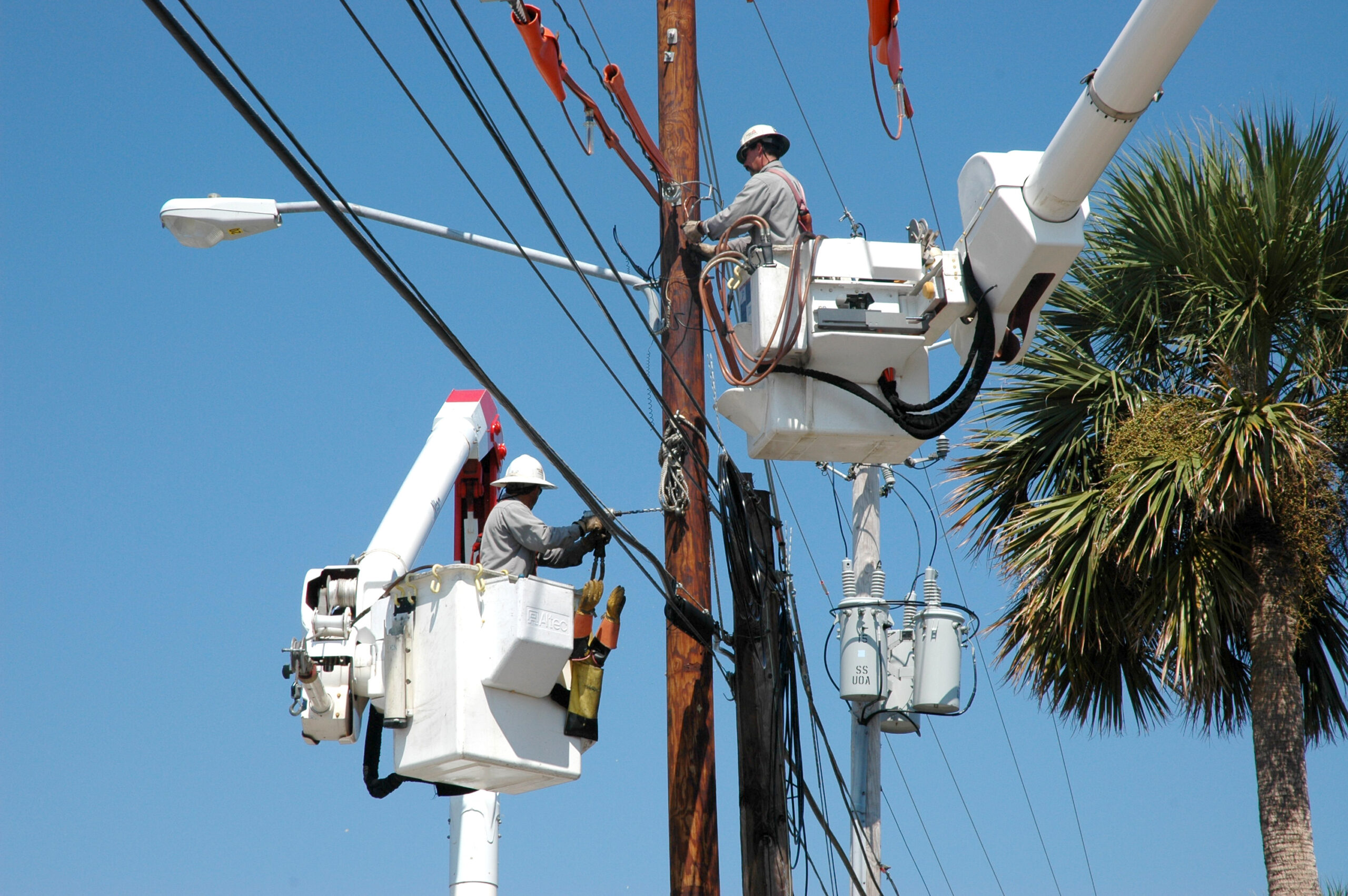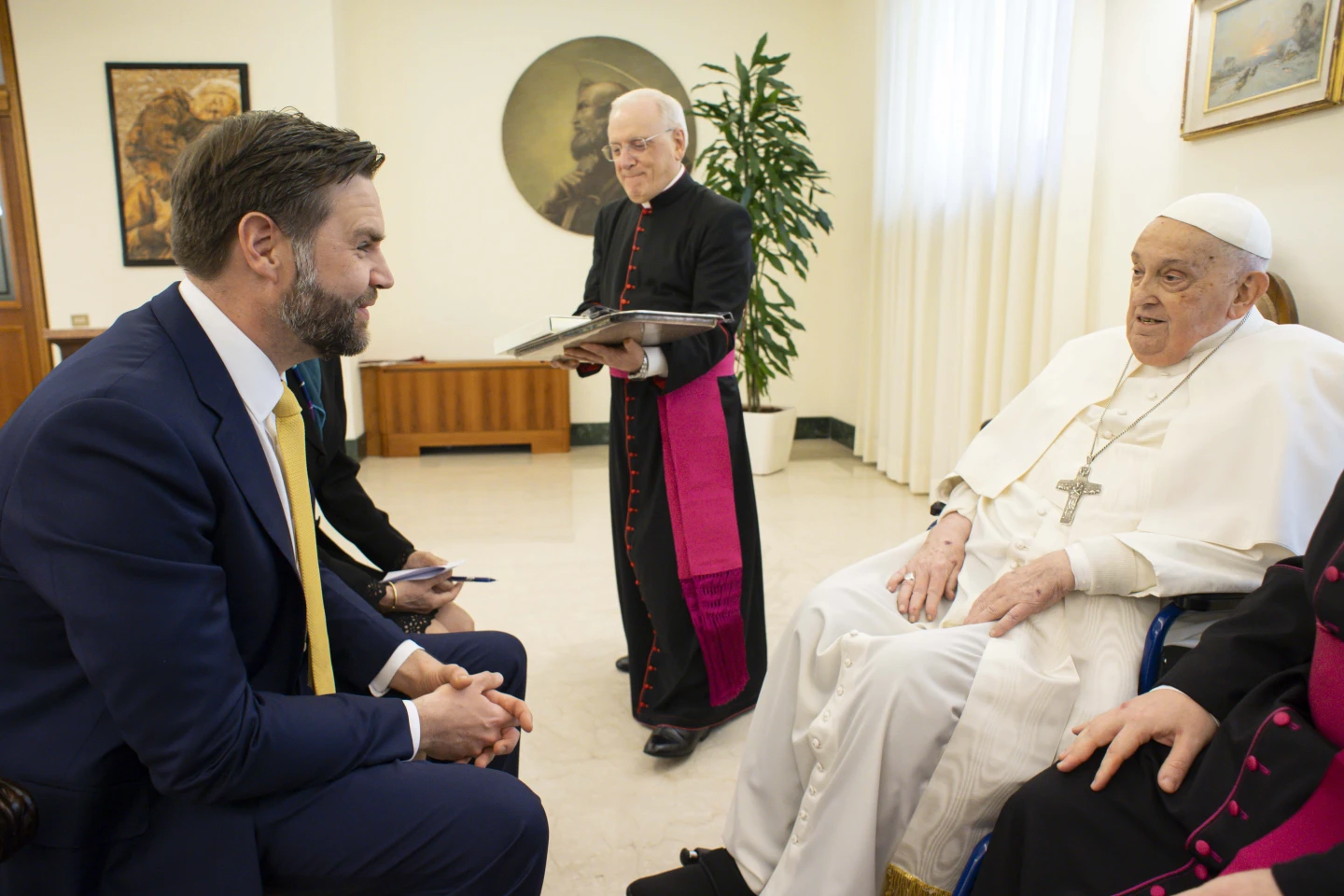Florida’s tradition of pro-Israel legislation is on track to continue in 2025, as Senate and House measures punishing so-called academic boycotts are moving through committees.
An anti-boycott, divest, sanction (BDS) measure (SB 1678) that would defend Israel against its opponents in schools and non-governmental agencies advanced through the Senate Appropriations Committee with unanimous support. The companion measure (HB 1519) cleared the House State Affairs Committee by a 23-2 vote.
Sen. Tom Leek, the Senate sponsor, said the bill was necessary to stop “attempts to weaken the state’s ability to conduct trade and exchange with Israel” and to “close the loop on prior good work” by the Legislature in combating anti-Israel sentiment that “often amounts to ethnic and religious discrimination.”
Rep. Hillary Cassel, the House sponsor, extolled the “mutually beneficial relationship” and “economic partnership between Florida and Israel” by contextualizing previous anti-BDS laws and making the case for the proposal, which she said would ensure that “this is where antisemitism goes to die in Florida.”
The measures propose that anti-Israeli actions undertaken by “an educational institution, a nonprofit organization, an agency, a local governmental entity or unit thereof, or a foreign government” amount to an “academic boycott.”
They also would mandate cessation of state contracts and grants with those entities on the wrong side of the ideological conflict if they don’t change their ways.
These entities would have 90 days to correct their noncompliance and be removed from what would be called the Scrutinized Companies or Other Entities that Boycott Israel List under this proposal. Otherwise, the state would divest itself of contracts with them.
If the bill is passed, public funds, such as the State Board of Administration or State University System, cannot invest in these companies. Additionally, it requires that arts and culture grants not go to support antisemitic work.
The bill would also target agreements, like foreign exchange programs, with foreign universities deemed to be supporting antisemitism.
In the Senate panel, Leek was asked about “guardrails” protecting free speech, and cited court precedent establishing the right to pass anti-BDS laws.
The House discussion was more lively, with Cassel asked about whether an individual doing a “Nazi salute” would represent a violation of the law, whether “commercial speech” was protected speech, and whether “unscripted” remarks in art installations could merit a grace period for “correction.”
Democratic Rep. Debra Tendrich argued that the slippery slope from criticism of Israel to overt antisemitism in today’s culture make this legislation “extremely needed.”
“It now turns to beyond just being Israeli but being Jewish,” the legislator from Palm Beach said. “Many of you have heard this story where I’ve been out of gas station, someone’s seen my Jewish star and wished I crashed and died and called me a Jewish murderer.”
Post Views: 0

 Entertainment8 years ago
Entertainment8 years ago
 Politics8 years ago
Politics8 years ago
 Entertainment8 years ago
Entertainment8 years ago
 Entertainment8 years ago
Entertainment8 years ago
 Tech8 years ago
Tech8 years ago
 Tech8 years ago
Tech8 years ago
 Tech8 years ago
Tech8 years ago
 Politics8 years ago
Politics8 years ago









